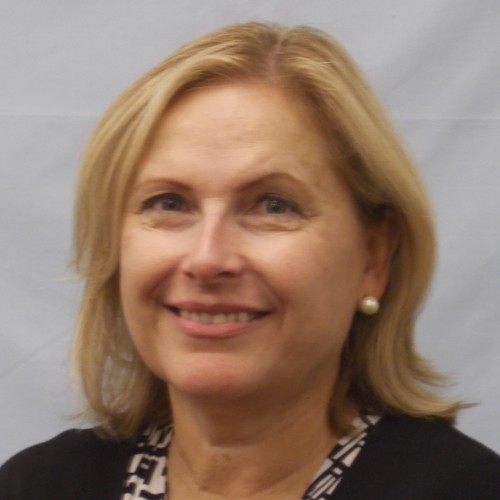Maya Angelou: The caged bird sings
Much of the activity surrounding LeadingAge’s annual meeting in Washington, D.C., this week recognizes and celebrates the spirit and dignity of the elders the association is tasked with advocating for and serving.
So who better to present as this morning’s featured speaker than one of the nation’s most revered icons of that spirit and dignity, Dr. Maya Angelou, renown author (“I Know Why the Caged Bird Sings”), poet, educator and civil rights advocate. Dr. Angelou touched on the themes she so eloquently and often searingly addresses in her work: identity, family and racism—themes that were often brutally experienced in her own life but which she reflects on today with compassion, clarity and even humor.
Frail in body but strong in mind and spirit, Angelou, 83, was folksy, sly, bawdy, stubborn, sweet and quick—the audience riveted by her tales of growing up in the segregated south, raised by strict but loving grandparents who imbued in her values of discipline, focus and dignity. “I learned how to learn from my grandmother,” said Angelou. “My grandmother spoke so clearly and she didn’t believe in complaining.”
Raped when she was a young girl, Angelou didn’t speak for six years after her abuser was kicked to death, following her identifying the man who did it. “I was sure my voice killed him so I stopped speaking,” she recalled. When Angelou began to speak again, her grandmother said “you’re going to be a teacher.”
And teach she does, through the written word and her rich, soaring voice—unaffected by age or infirmities. And despite the accolades and adulation that her successes have brought her, Angelou remains humble and slightly incredulous of her life’s fantastic journey. She left me and many in the audience fighting back tears as she recounted a final story. Angelou was invited to write a poem for the United Nations and present it.
“I remember 50 years ago standing in front of the United Nations in San Francisco, 6-feet tall, black and uneducated, pregnant and unmarried.” How little did she imagine she’d one day stand before the U.N.’s general assembly, alone but, as she said, “surrounded [in spirit] by the people you bring along with you through life—family, friends and strangers—those who have been the rainbows in my clouds.”

Patricia Sheehan was Editor in Chief of I Advance Senior Care / Long Term Living from 2010-2013. She is now manager, communications at Nestlé USA.
Related Articles
Topics: Articles











